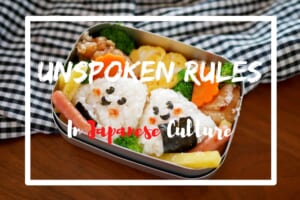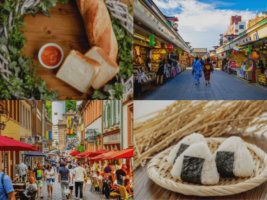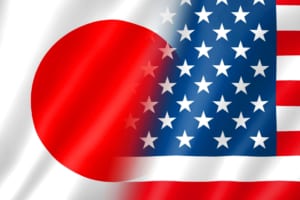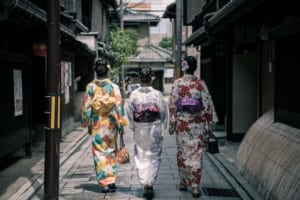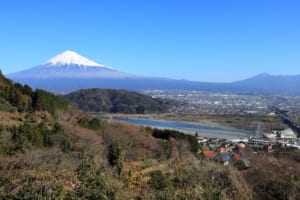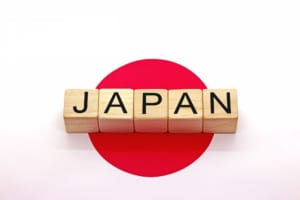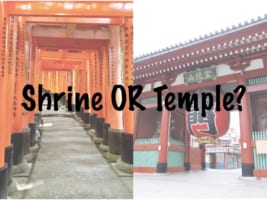Common Misconceptions about Japan/Japanese People
Don’t believe everything you read on the Internet, kiddo
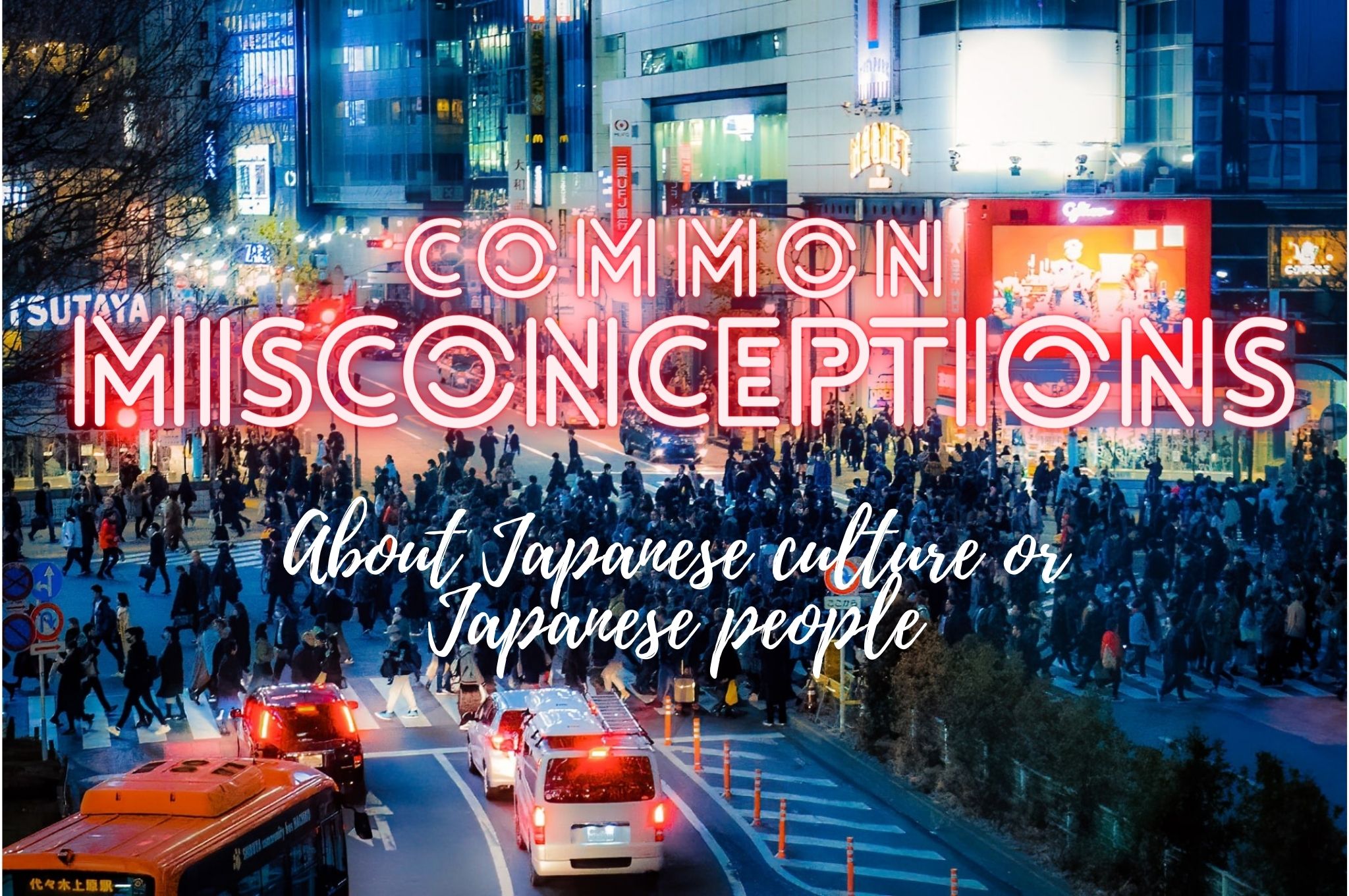
For those of us living in Japan, few things can be more eye-rolling than reading comments or articles clearly written by individuals who either haven’t been here or have only spent a couple of weeks on holiday. The Internet allows for boundless possibilities but sometimes it also means that less than accurate information can also spread like wildfire.
When it comes to Japan, between the distance and the language barrier, verifying information sometimes is not as easy and discerning between trusted sources can seem a bit daunting. Lucky for you, here I am to dispel some common myths I’ve read or heard about Japan and Japanese people:
Japan is a very technologically advanced country
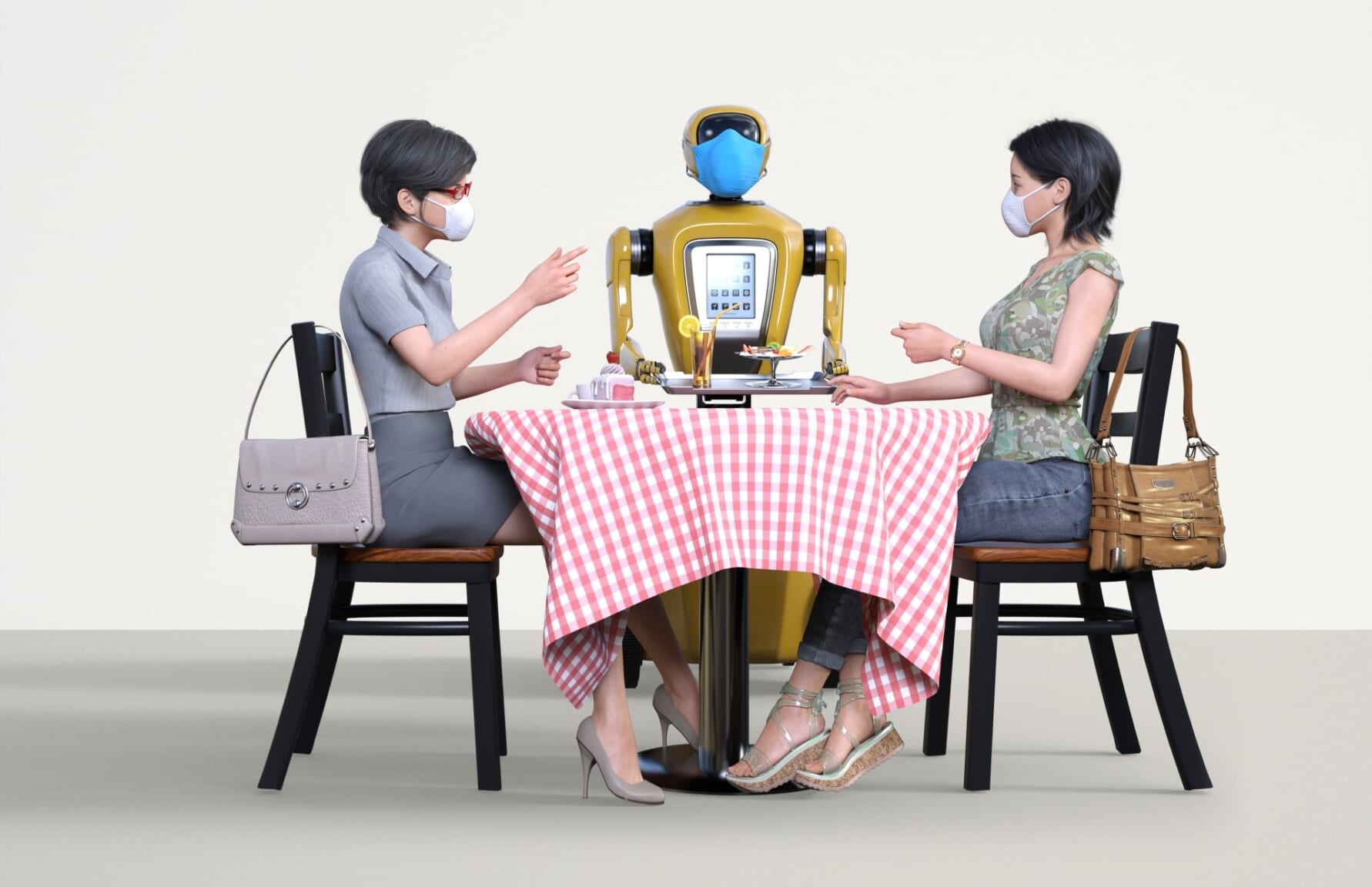
Yes, we love our vending machines, our nice toilets, and our sushi conveyor-belt restaurants. But we also have to deal with faxes, still have to deal with a lot of paper for certain bureaucratic procedures, still rely on personal stamps as individual signatures, and a long, etc. Furthermore, in some cases, certain ATMs do not work at night and may even stop working for a few days during the end-of-year holidays.
The cherry on top: it’s 2023 and many government offices still use floppy discs. Yes, this is not a typo. Floppy discs. A true blast from the past.
What you’ve been told about Japanese-style strikes is probably not true
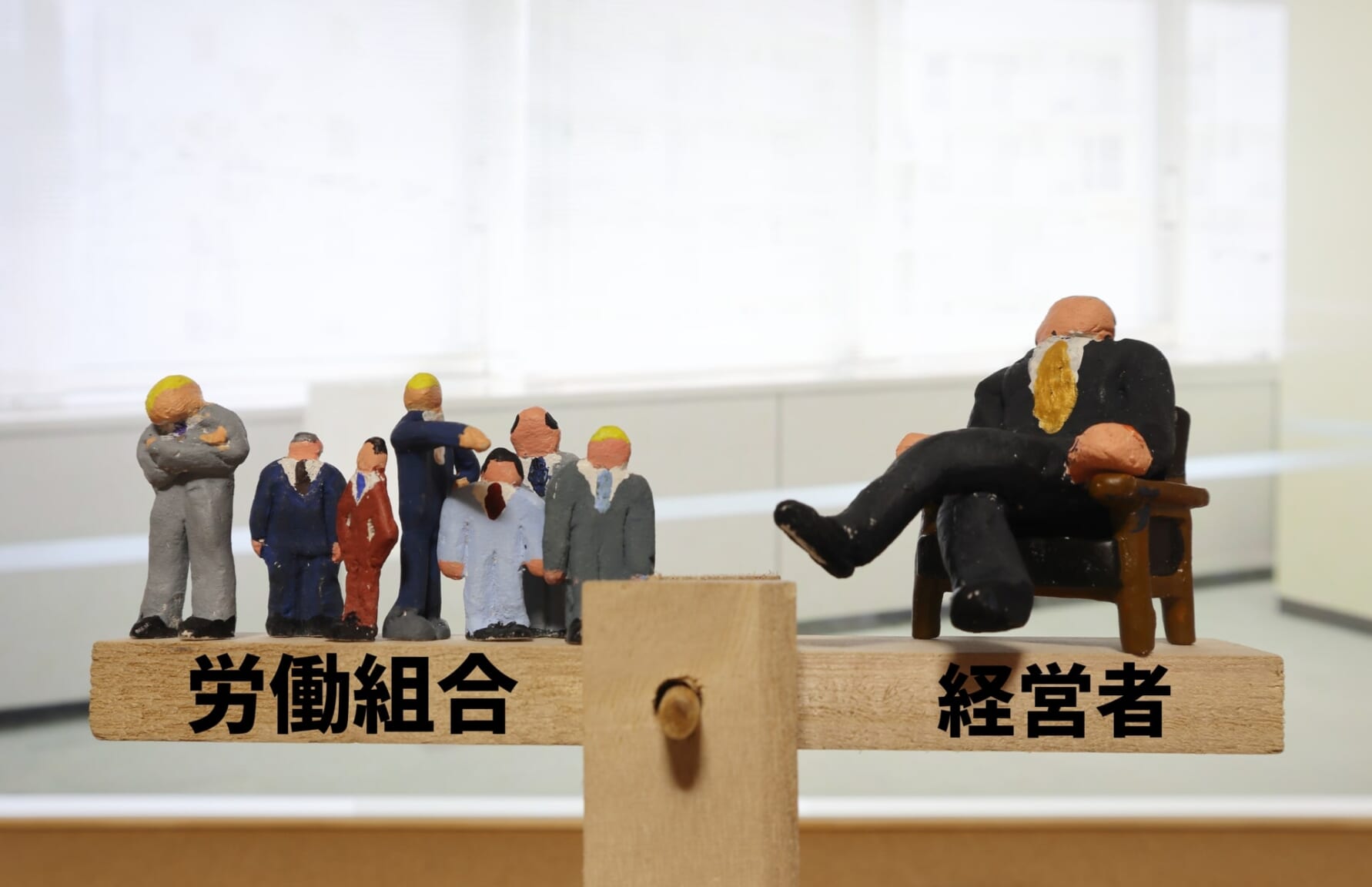
While this is rooted in a perception of a strong work ethic, this is not the way Japanese strikes actually take place. Strikes are actually quite rare in Japan and generally arranged in advance without serious work disruption when not outright banned as strikes are forbidden in certain types of jobs.
Japanese people can’t do irony or sarcasm
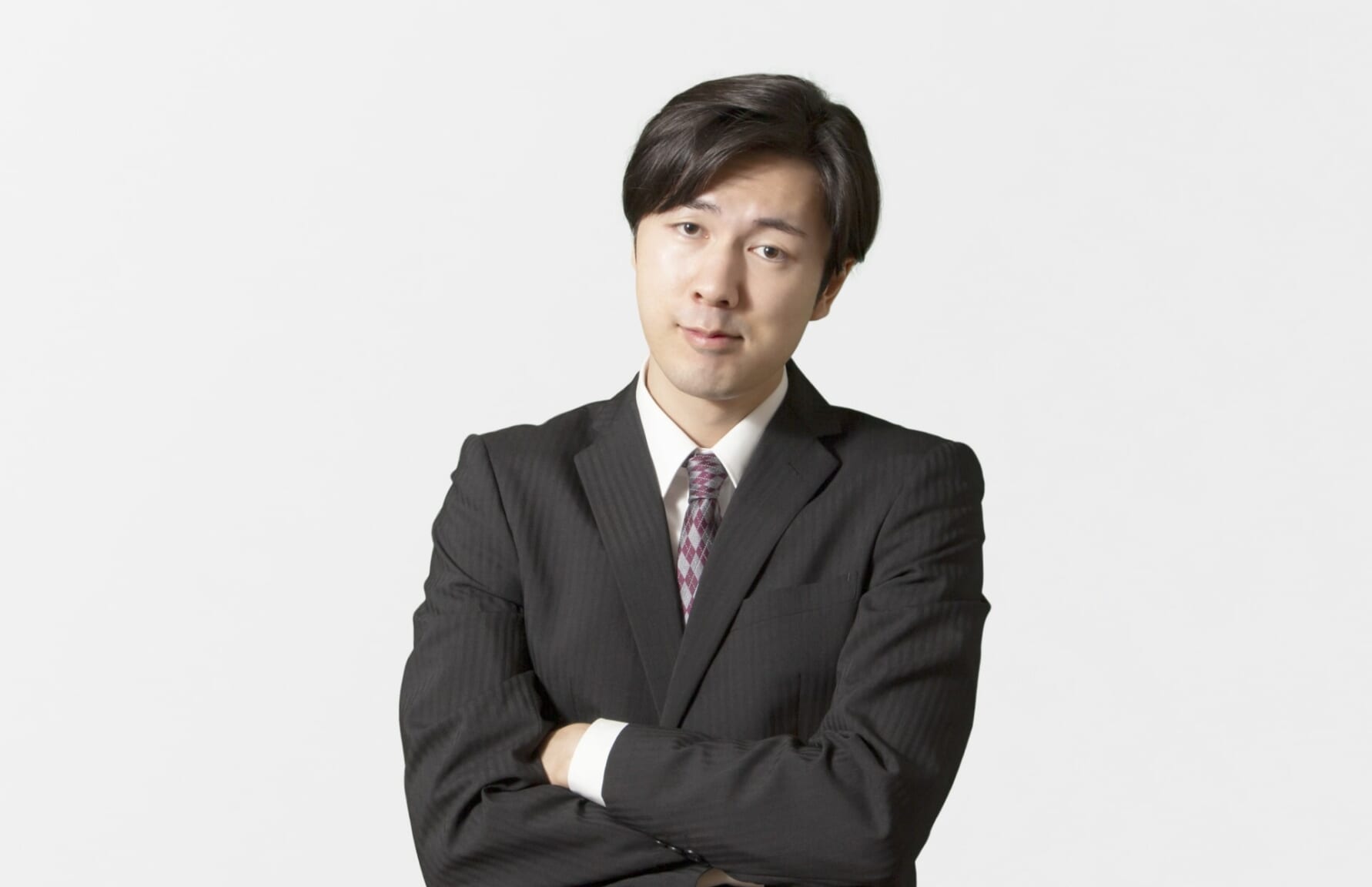
Even if you’re speaking with a Japanese acquaintance who may seem more or less fluent in English, unless you know each other very well, sarcastic jokes may not land as desired simply because they may not know you well enough to know if you’re serious or not. But what started as just common sense advice, somehow turned into a very silly myth.
Yours truly even had to argue about this with someone who supposedly had a degree in East Asian Studies. Sigh.
It’s harder to make friends with Japanese people
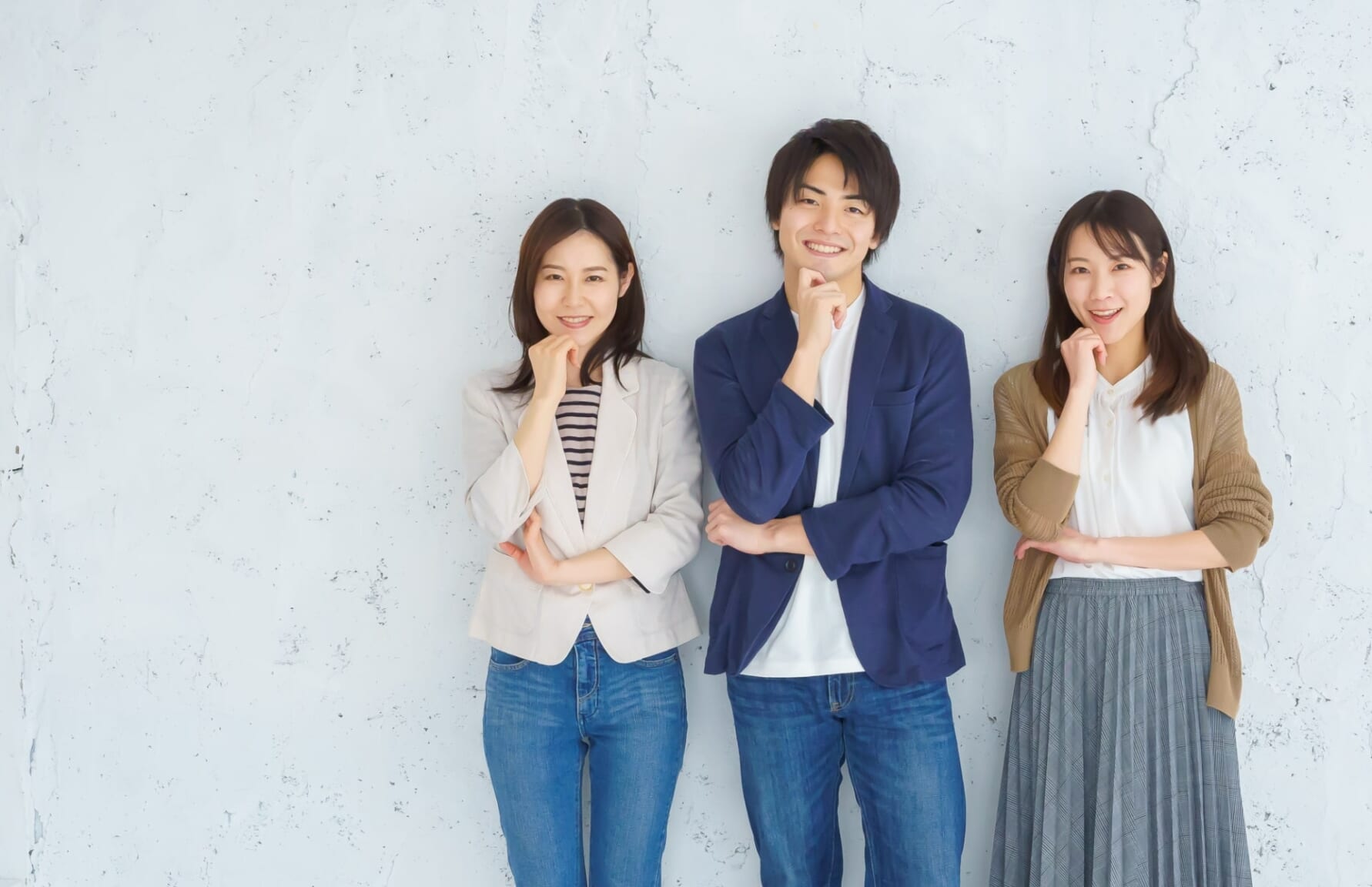
Japanese people are not so different at a fundamental level, and unless you’re the kind of person who calls anyone a friend after a 5-minute chat over beers, chances are that your circle of friends was slowly built over time, perhaps sparked over shared interests or shared experiences. Making friends as an adult can be challenging but not impossible, and this is a normal phenomenon everywhere, not just in Japan.
Japan is too expensive

Your mileage may vary of course, and your perception may differ depending on where you come from. Tokyo is definitely not a cheap city, but for those coming from Australia or the most prominent cities of Western Europe, Tokyo is surprisingly cheap. Not just as a tourist traveler eating out every day but also in terms of lifestyle. Rent and utility prices are much cheaper in Tokyo compared to cities like Barcelona, London, Paris, etc.
Personally, as a Spaniard, I only complain about grocery prices, but it’s just that groceries and fruits are insanely cheap in Spain. But the overall balance for Japan still ends up on the cheaper side.
Japanese fashion is crazy and over the top
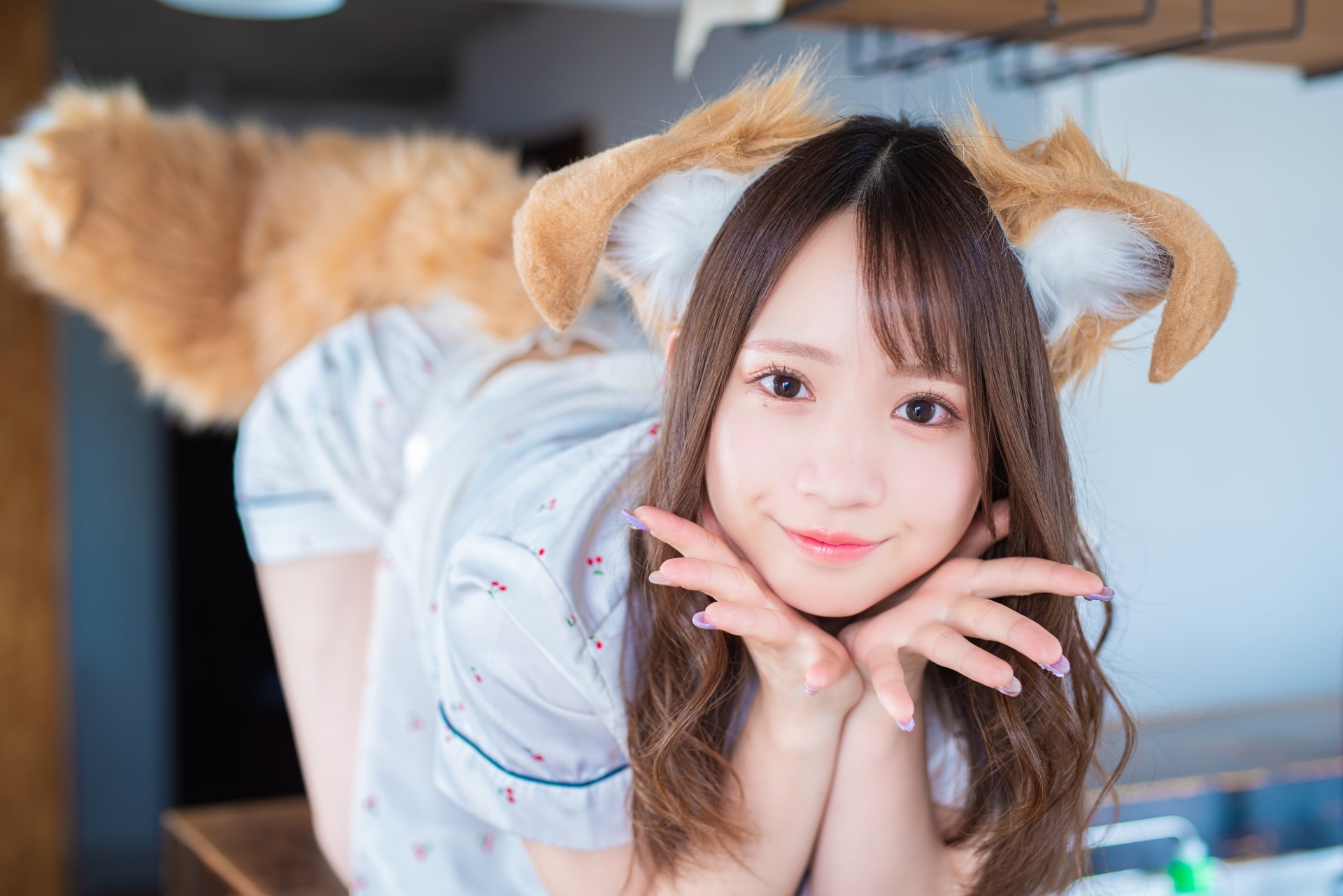
Japanese cities are always packed and everywhere is crowded
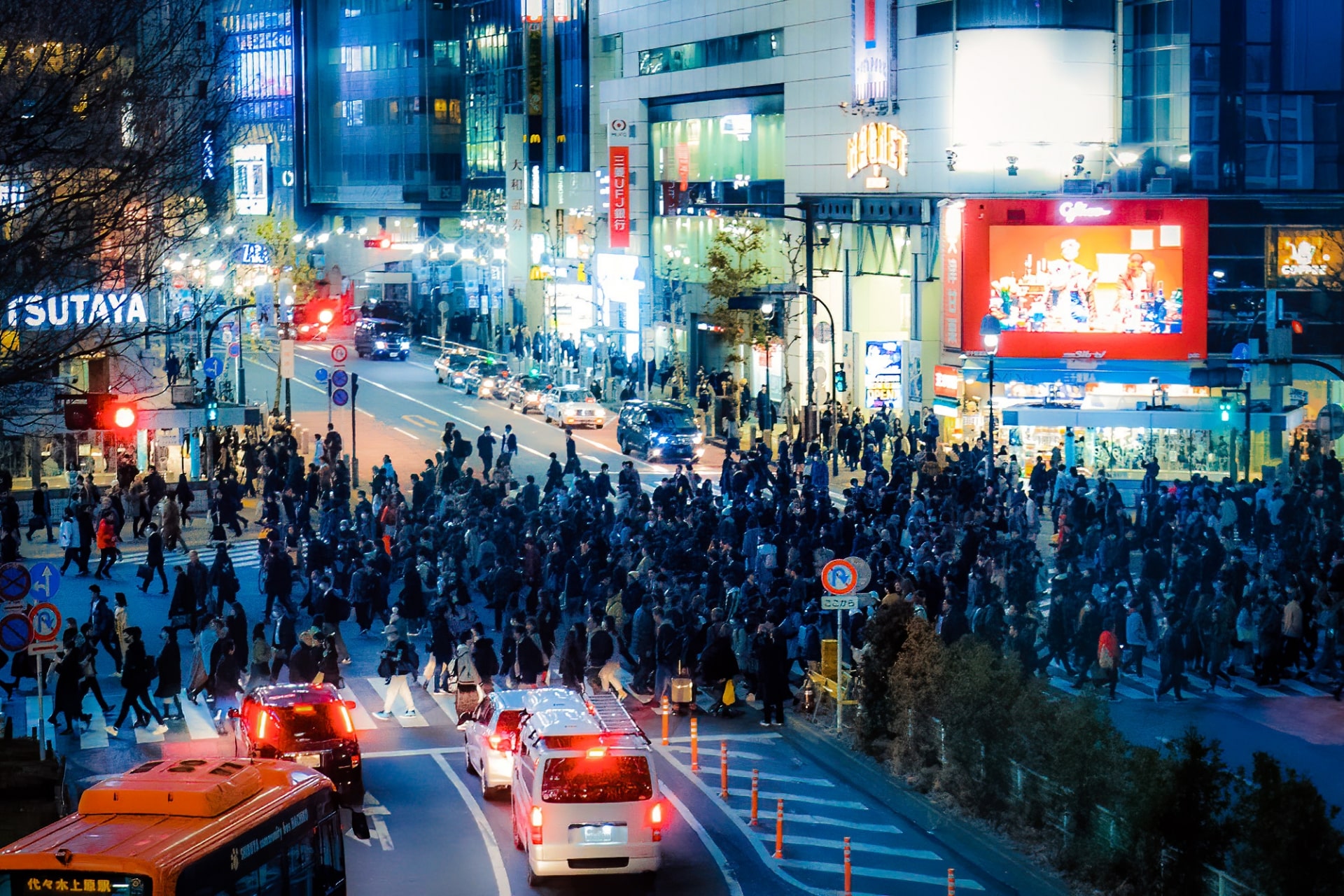
This misconception is aided by touristic images of busy places such as commercial or entertainment districts in Tokyo or Osaka, but as soon as you walk a few minutes further away from the main subway/train stations, you realize that urban spaces in Japan are surprisingly quiet and not crowded at all. Granted, some public transportation lines during rush hour are a sight to behold.
Tokyo is not Japan
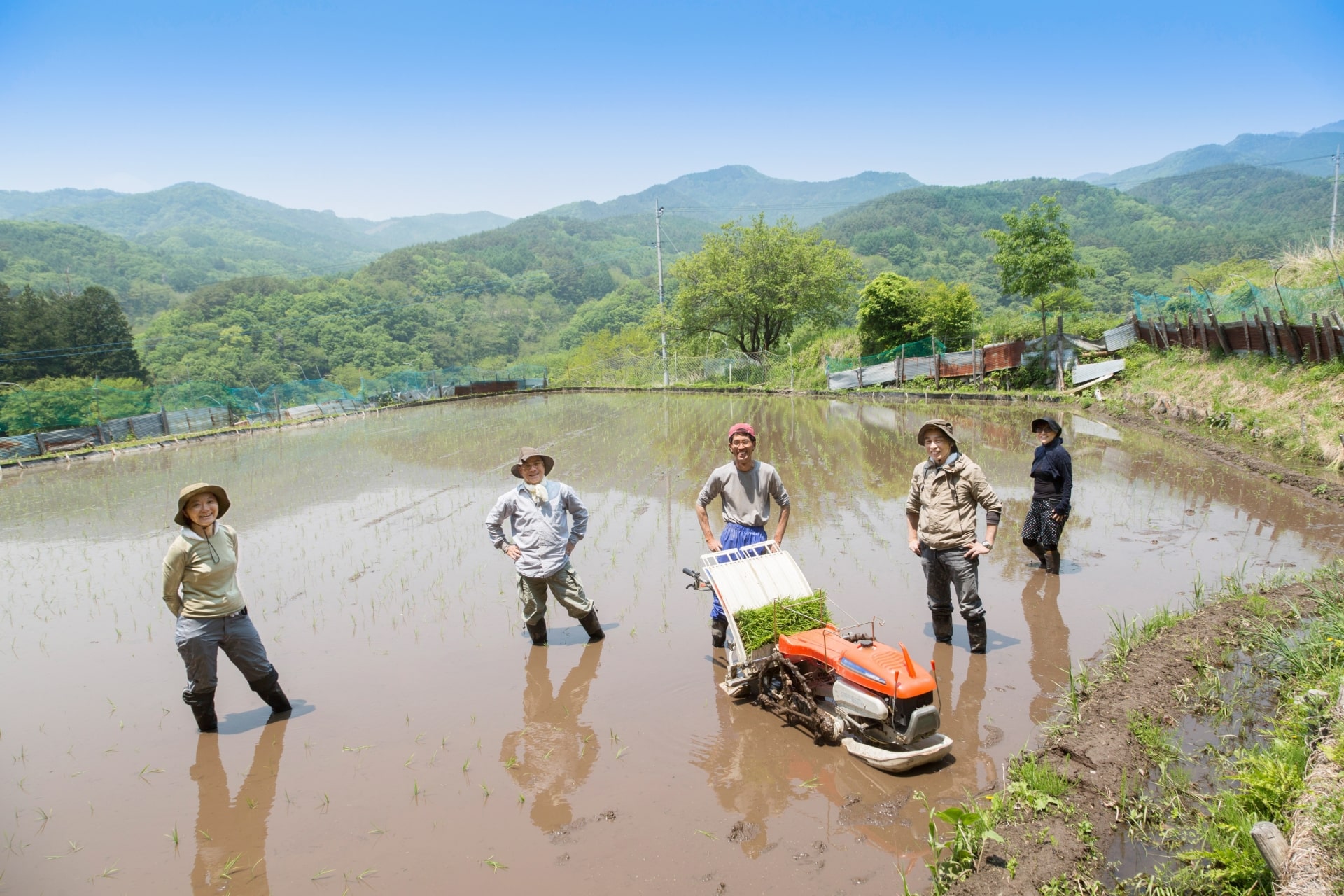
Just to put things into perspective, imagine a foreigner moving to Manhattan, who after a few months living in NY starts to provide all sorts of insight about American people, all of them, despite having very little experience in other American regions. You wouldn’t take this person’s opinions seriously, right?
Well, most foreigners in Japan are concentrated in Tokyo, for obvious reasons related to professional demand and the job market. But just like any other country, culture varies a lot across regions, and casual interactions change a lot depending if you’re in Tohoku or Kyushu or Kanto, etc.
As a general rule of thumb, while it’s advisable to have some cultural awareness when you are in a foreign country, preconceptions can work against you if you don’t have an open mind and simply go with the flow and pay attention to your surroundings, rather than become fixated in whatever other may have told you. Japanese people are not unfathomable aliens, they’re regular folks like you and me. Keep that in mind and you’ll be ok.
▽Subscribe to our free news magazine!▽
If you want to learn further about Japanese culture, check out the following articles!
▽Related Articles▽
▼Editor’s Picks▼
Written by
Photographer, journalist, and avid urban cyclist, making sense of Japan since 2017. I was born in Caracas and lived for 14 years in Barcelona before moving to Tokyo. Currently working towards my goal of visiting every prefecture in Japan, I hope to share with readers the everlasting joy of discovery and the neverending urge to keep exploring.





